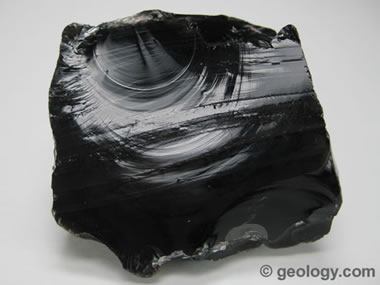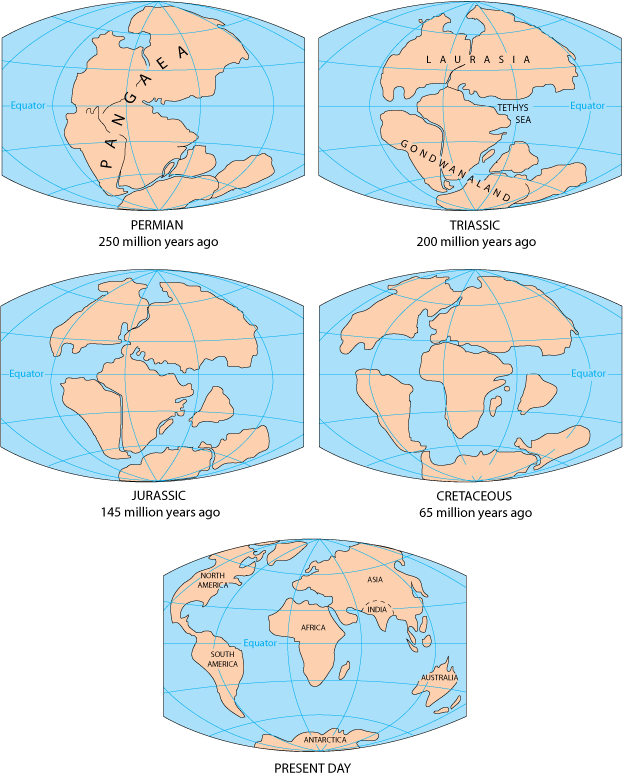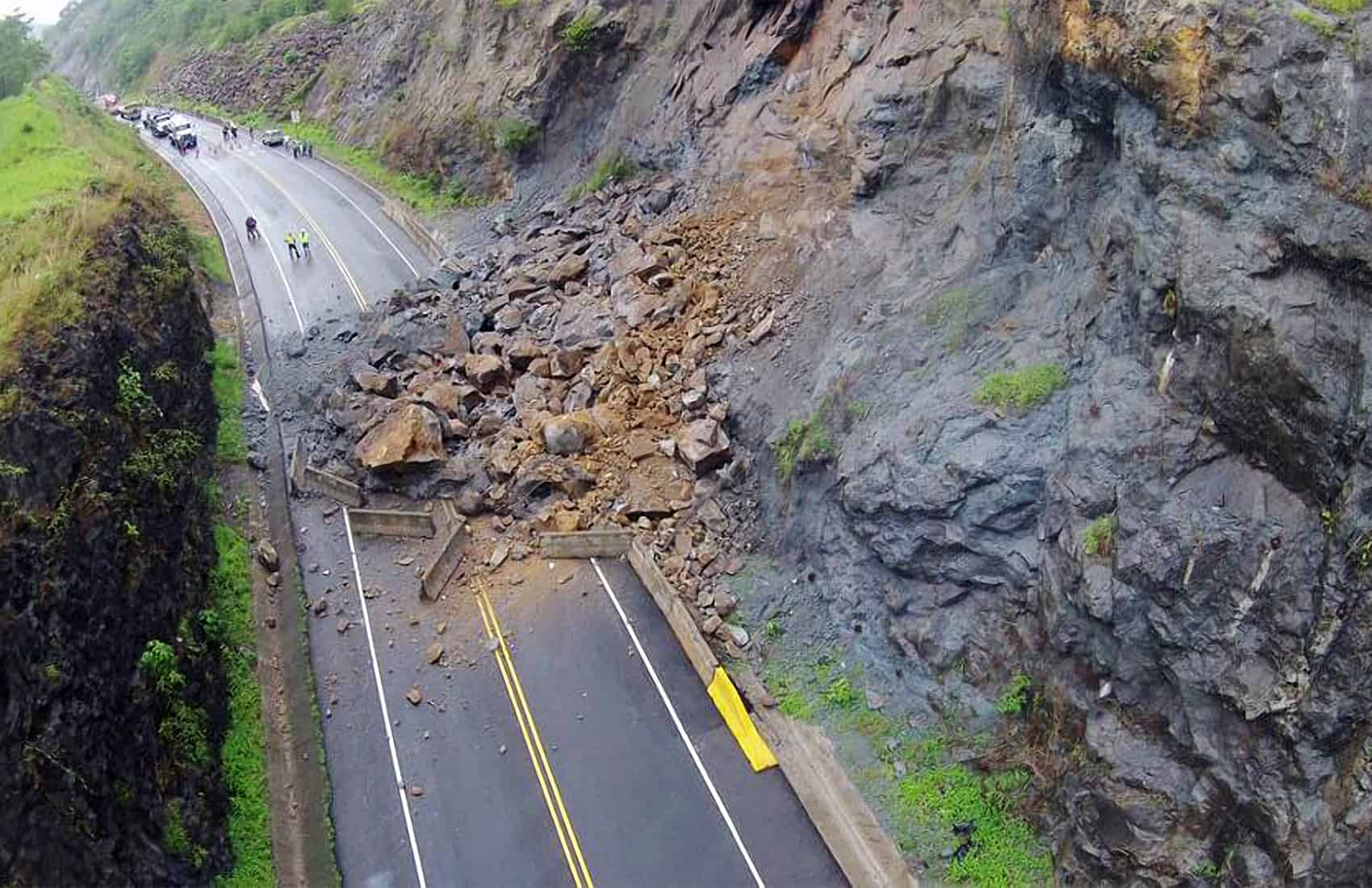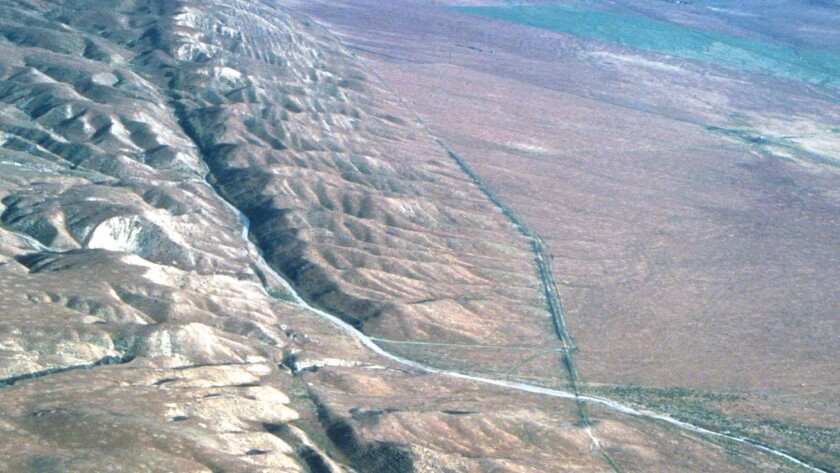The process the process where rock is dissolved, worn away or broken down into smaller and smaller pieces.
What is weathering
As the plates move apart, the oceanic crust gets ________ as the distance from the Mid-Ocean ridge _________

What is older & increases.
Which type of rock would you classify this as
What is an Igneous rock
The diagram below relates to seismic activity. What could we find out from this picture?

What is where the next earthquake will occur and how powerful it will be (will accept either)
Analyze the graph below. Between which two days do you think a volcano was most likely to occur?
(Ms.Oenes will place on board)
What is days 3 and 4
Wind in a desert blows sand against a rock
Is this an example of weathering, erosion or deposition?
What is erosion.
This image shows the Earth's surface is constantly slowly/constantly changing in a process called ____________ __________________

What is seafloor spreading.
According to Mohs Hardness scale, which mineral could be scratched by a glass plate, but not a copper coin.

What is Apatite
Are volcanoes constructive, destructive or both?
What is both. Volcanoes are both destructive and constructive.
They destroy almost everything in their path, including some natural resources. They also create new land when they cool and put nutrients back in the soil.
At the San Andreas Fault, portions of plates get stuck and suddenly loosen and move. What commonly occurs here as a result?
What is EARTHQUAKES
A glacier picks up boulders as it moves.
Is this an example of weathering, erosion or deposition?
What is erosion.
New crust forms as magma rises from the mantle at a _________ plate boundary
What is divergent
According to the Rock Cycle image below, what is the process that forms Igneous Rock and what is the process that forms Sediment.

What is crystallization & weathering.
Igneous rock is formed from crystallization, which involves melting and cooling of magma
Sediment is formed due to weathering.
The diagram Ms. Oenes puts on the board will show a volcanic eruption. Place the events in the order in which they would occur when forming a volcanic crater.
What is Y, W, Z then X.
List the layers of Earth from inside to outside.
What is...
inner core
outer core
mantle
crust
A rock containing iron becomes soft, crumbly and reddish brown in color. The rock has been....
What is chemically weathered.
Rift valleys can form at a plate boundary between two continents. Look at the diagram below and decide on what type of boundary could cause this.

What is divergent
Limestone is a sedimentary rock. Over time it is changed into Marble, a metamorphic rock. What processes must limestone undergone to become marble?
What is heat and pressure.
Since scientists can't travel to the inside of Earth they analyze this to conclude that their are different layers of the earth.
What is seismic wave data.
Name four pieces of evidence Alfred Wegner had of to supprt the theory of continental drift
Be able to explain!
What is continental fit, fossil evidence, landform evidence and climate evidence.
What happened in the picture below and list two processes that may have caused this.

What is a landslide. Two processes that caused this include weathering and erosion after lots of rain, steep slope or gravity.
The process that drives plate movements where hot columns of the mantle rise slowly, pushing cooler material towards the bottom.
What is convection currents.
There are several different ways to identify minerals. Describe the difference between cleavage and fracture
What is fracture is the way in which a mineral breaks along an irregular or curved surface. Cleavage is the tendency of a mineral to split along specific planes of weakness to form smooth, flat surfaces.
Draw arrows to represent movements at the 3 types of plate boundaries and label them Then write one geologic event could happen at each
Convergent - arrows towards, mountains, subduction zone
Divergent - arrows apart, mid-ocean ridge
Transform - arrows side by side, earthquake
Name the 3 types of stress and explain how they impact rock
What is
Tension at normal faults pulls on rocks
Compression at reverse faults squeezes rocks
Shearing at strike-slip faults pulls the rock in two opposite directions
